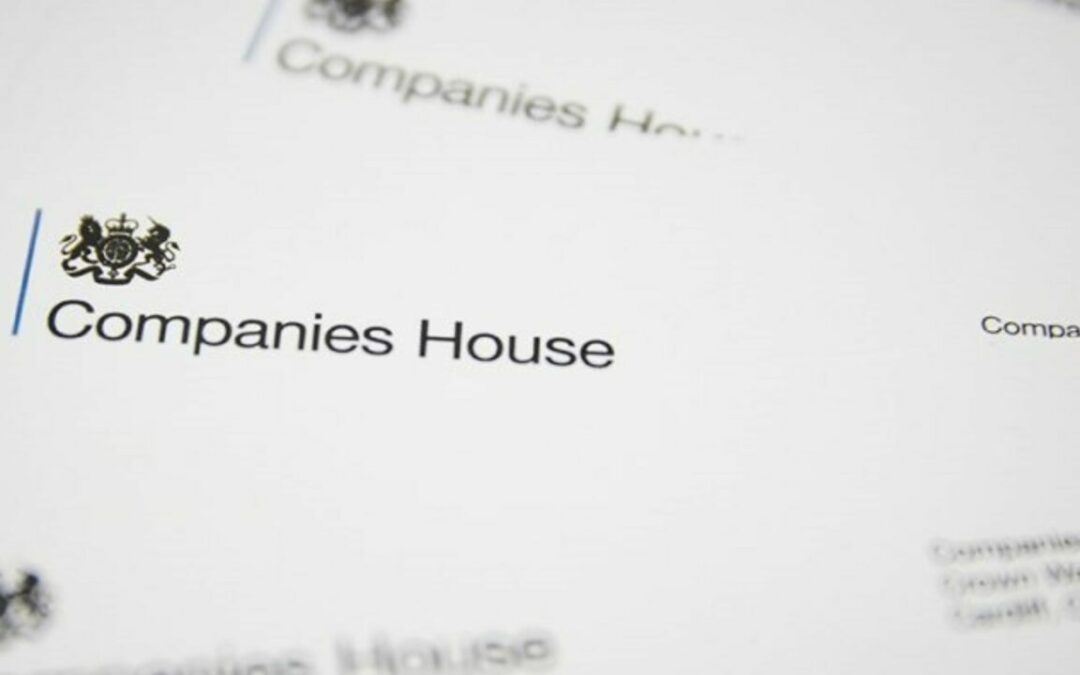A clear, practical guide to Making Tax Digital (MTD) for Income Tax. Learn who it applies to, what changes are coming, and how to prepare with confidence.
The rules around tax are changing, and we want to ensure our clients have all the information they need well in advance. Over the past few weeks, we’ve shared social media posts breaking down the key points about Making Tax Digital (MTD) for Income Tax. This article brings all that information together in one place, so you have something to refer back to.
What Is MTD for Income Tax?
MTD for Income Tax is a government initiative to modernise the tax system. From April 2026, if you earn over £50,000 from self-employment or property income, you’ll be legally required to keep digital records and submit quarterly updates to HMRC. If your income falls between £30,000 and £50,000, these rules will apply from April 2027.
This is already in place for VAT-registered businesses, so for some clients, it won’t feel like starting from scratch.
Who Does It Apply To?
If you’re self-employed or a landlord with qualifying income over the threshold, MTD applies to you. It’s important to understand your income level and when the changes will kick in for your situation:
- From April 2026: If your total self-employed and/or property income is over £50,000
- From April 2027: If your income is between £30,000 and £50,000
This change won’t affect those earning below £30,000 – for now.
Why Start Preparing Now?
We’re talking about this early because getting ahead of the changes will make life a lot easier later on. Here’s why:
- Less stress when the rules come into effect
- Better financial visibility throughout the year
- Time to get familiar with the right software and digital processes
What Will You Need to Do Differently?
You won’t just be doing your tax return once a year. MTD introduces a few new responsibilities:
- Keep digital records: You’ll need to use compatible software to record your income and expenses throughout the year.
- Send quarterly updates: Every three months, you’ll submit a simple update of your earnings to HMRC.
- Submit a final end-of-year declaration: Similar to the Self-Assessment process, but much more streamlined thanks to your quarterly updates.
Already VAT Registered? You’re Halfway There
If you’re already using MTD for VAT, you’re already familiar with using digital records and software to report figures. MTD for Income Tax will build on that, not replace it.
Choosing the Right Software
To comply with MTD, you’ll need HMRC-recognised software. We recommend:
- Dext Solo: Our top recommendation. It’s cost-effective, easy to use, and built with MTD in mind.
- Xero: A good option for small businesses and freelancers.
- QuickBooks: Flexible and popular with growing businesses.
- FreeAgent: Ideal for the self-employed and small businesses.
You can also view the full list of HMRC-recognised software providers here: Find software that works with Making Tax Digital for Income Tax – GOV.UK
Need Help Getting Started?
We know change can feel daunting, but that’s why we’re here. If you’re unsure what software to choose, need help setting it up, or want to get ahead before it becomes a legal requirement, get in touch.
At Whittaker & Co, we make tax make sense – without the jargon.
For more information about MTD: Overview of Making Tax Digital – GOV.UK
Visit our News Hub for the latest – News – Whittaker & Co (whittakerandco.com)
info@whittakerandco.com
+44 (0) 1686 610662






